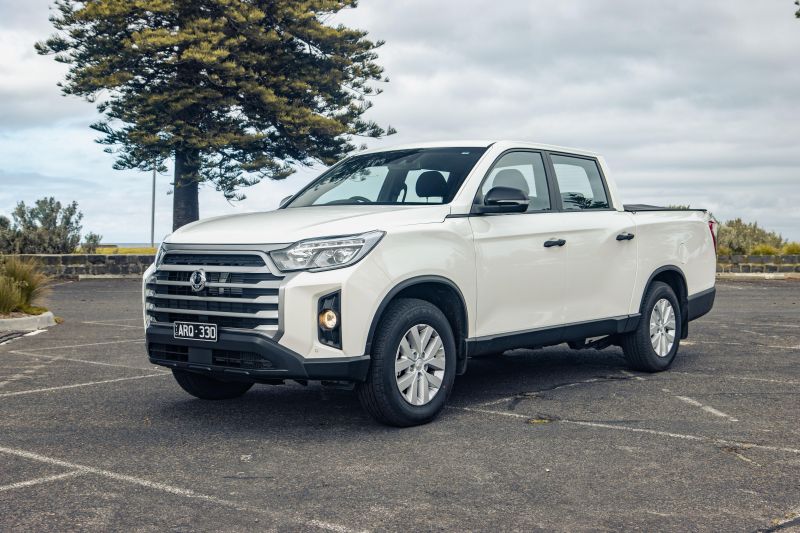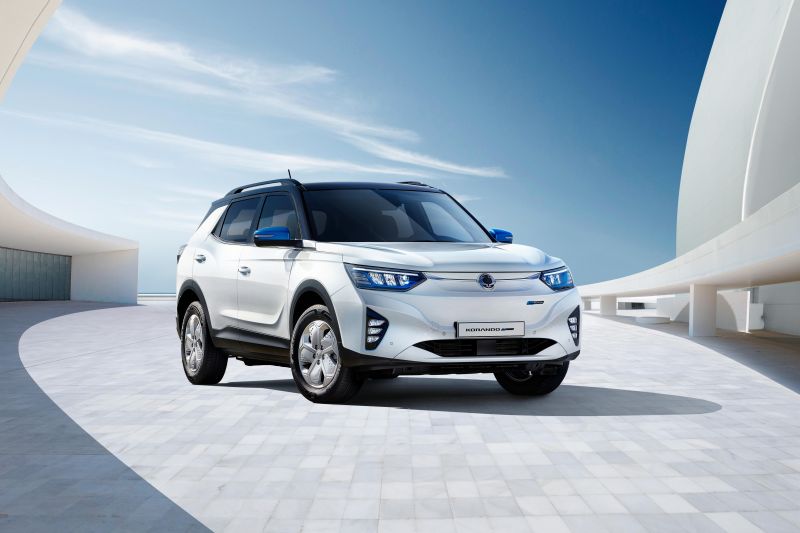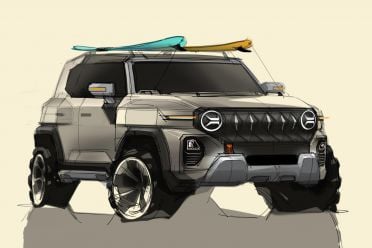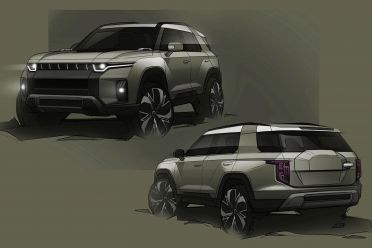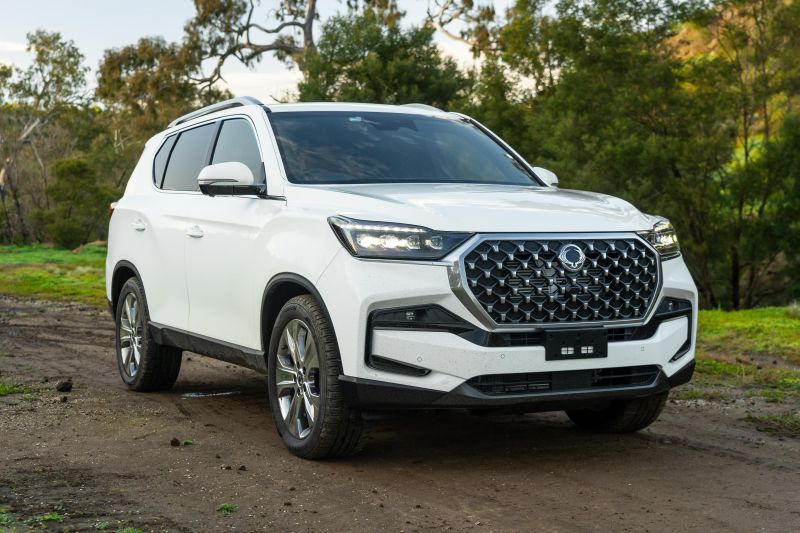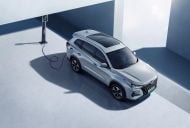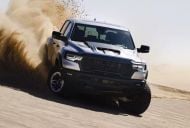SsangYong has a new owner once again.
Korean news agency Yonhap reports a Seoul court has approved the acquisition of SsangYong by a consortium, led by Korean electric bus manufacturer Edison Motors Co.
Edison has agreed to pay 304.8 billion won (A$354.73 million) for the troubled automaker, and has already paid 10 per cent of this, according to the report.
The acquisition money will reportedly be used to repay some of SsangYong’s debt to financial institutions, though the exact amount of overall debt hasn’t been publicly disclosed.
Edison will in turn lend 50 billion won (A$58 million) in operating capital to help keep SsangYong afloat.
SsangYong’s new parent hasn’t been handed over the keys just yet, as Yonhap reports SsangYong will remain under court receivership until Edison’s rehabilitation plans for the company are approved.
The company will reportedly submit its plans to the court by March 1.
In the meantime, SsangYong and Edison are said to have signed the final deal for the acquisition.
Edison also plans to set up a special purpose company to raise between 800 billion and 1 trillion won (A$930 million to $1.16 trillion) in investment for SsangYong, whether that be in the form of foreign investments, a rights issue, bond issuance, or loans.
It says it has “no problems in raising necessary funds” and is aiming to do this and turn the troubling automaker aside within three to five years, refocusing it as an electric vehicle manufacturer.
The consortium reportedly has ambitious plans to produce 10 new EV models by 2022, 20 by 2025, and 30 by 2030. Those lofty numbers suggest it’s referring to individual variants and not model lines.
SsangYong has already commenced production of the Korando E-Motion, and has released sketches of two other all-electric SUVs in development: the KR10 and the J100.
Though SsangYong sales were down in Korea last year, even against this grim backdrop the brand managed to grow in Australia.
Sales were up 70.1 per cent compared to 2020, increasing from 1751 to 2978 sales. That was its best sales performance in Australia so far this century, besting its previous record of 2645 sales in 2005.
SsangYong has been under court receivership since April last year, when its parent company – Mahindra & Mahindra Ltd of India – said it would no longer fund it and confirmed it wanted to sell its 74.65 per cent stake in it.
That meant SsangYong had to go into court receivership once again in its life, having gone through this process a decade earlier.
SsangYong’s home life has been troubled for years, as it never seems to have a stable parent for long.
Daewoo bought a controlling stake in the company in 1997, only to offload it in 2000 as it experienced perilous financial woes of its own.
It endured a tumultuous few years under Chinese ownership, with SAIC Motor acquiring 51 per cent in 2004 but walking away in 2009 and leaving it in receivership.
Mahindra was the next parent to adopt SsangYong, acquiring a controlling stake of 70 per cent for 523 billion won in 2011.





